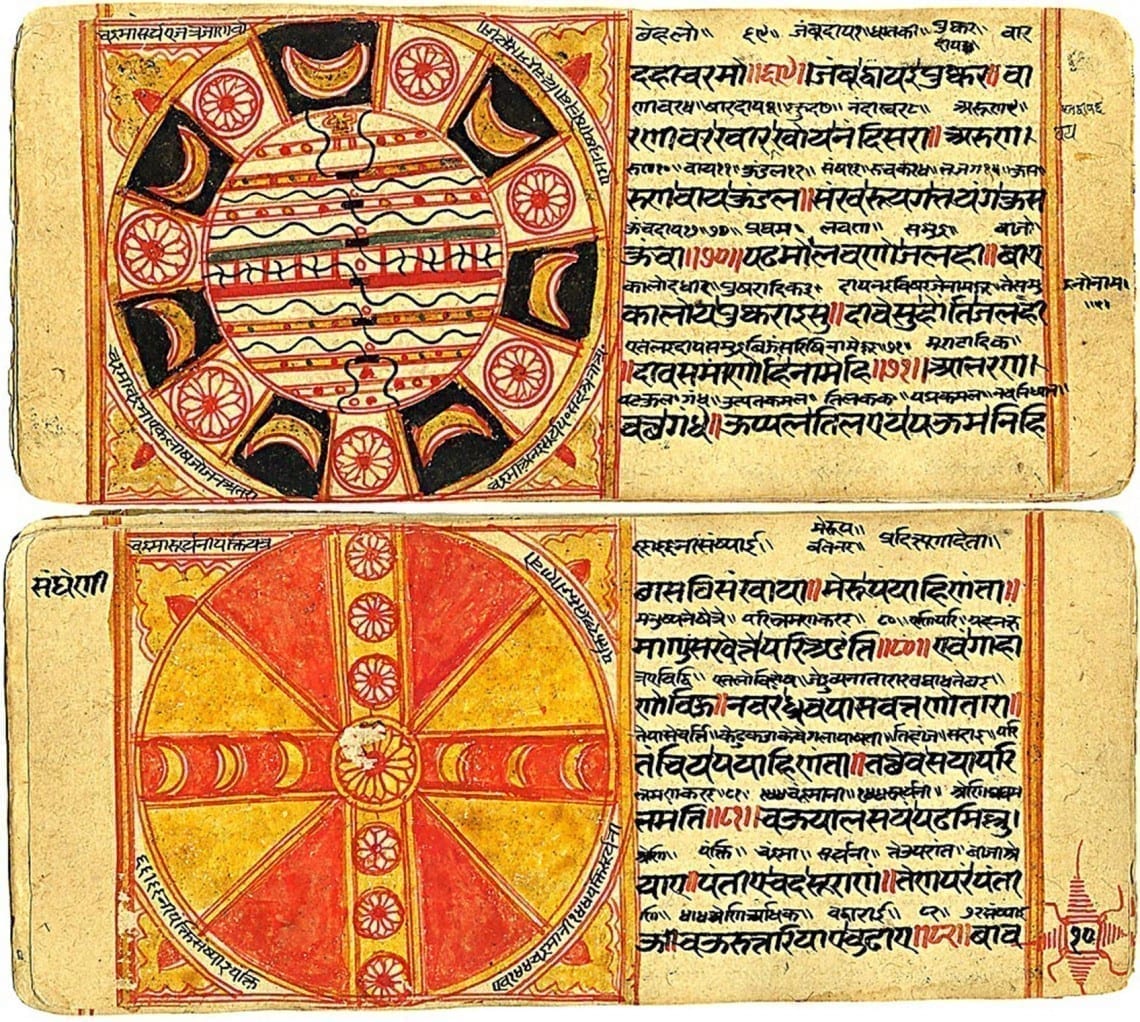
Following the principles of classical Indian tradition, Alain Daniélou wrote that the function of a work of art is not just to copy nature, but to imitate the process by means of which nature has been created, as seen by the artist who perceives the inner reality of things. Since perception is the basis of experience, the artist’s own life must realise the level of reality he/she desires to reveal through the work of art. Ultimately, however, the work of art surpasses by far the actualization of the individual’s inner qualities and potential. Ultimately, too, the sense of the beautiful is not a matter of taste or refinement, but rather the result of a deep and transformative exploration of cosmic threads, a result that can be called ‘artistic expression’.
The Alain Daniélou Foundation Intellectual Dialogue approaches the arts from an unprejudiced perspective, bearing in mind that, according to Daniélou’s principles, the only prescription for art is the articulation of a vision. Vision is direct experience, but this experience has a singular articulation in the arts. It is structured by procedures that transform the ordinary perception of reality to the extent of de-familiarizing existing parameters. This is true not only of music and dance (which enjoy a secure place in Indian tradition, at the roots of metaphysical and mythological speculation), but also of literature, including contemporary literature with its seeming detachment from the ancient and classical idea of beauty dealing with (manifest or hidden) proportions at the level of manifestation. Literary works bear witness to the transformation of collective perceptions of reality and reveal invisible angles of experience through their intentional detachment from ordinary language.

